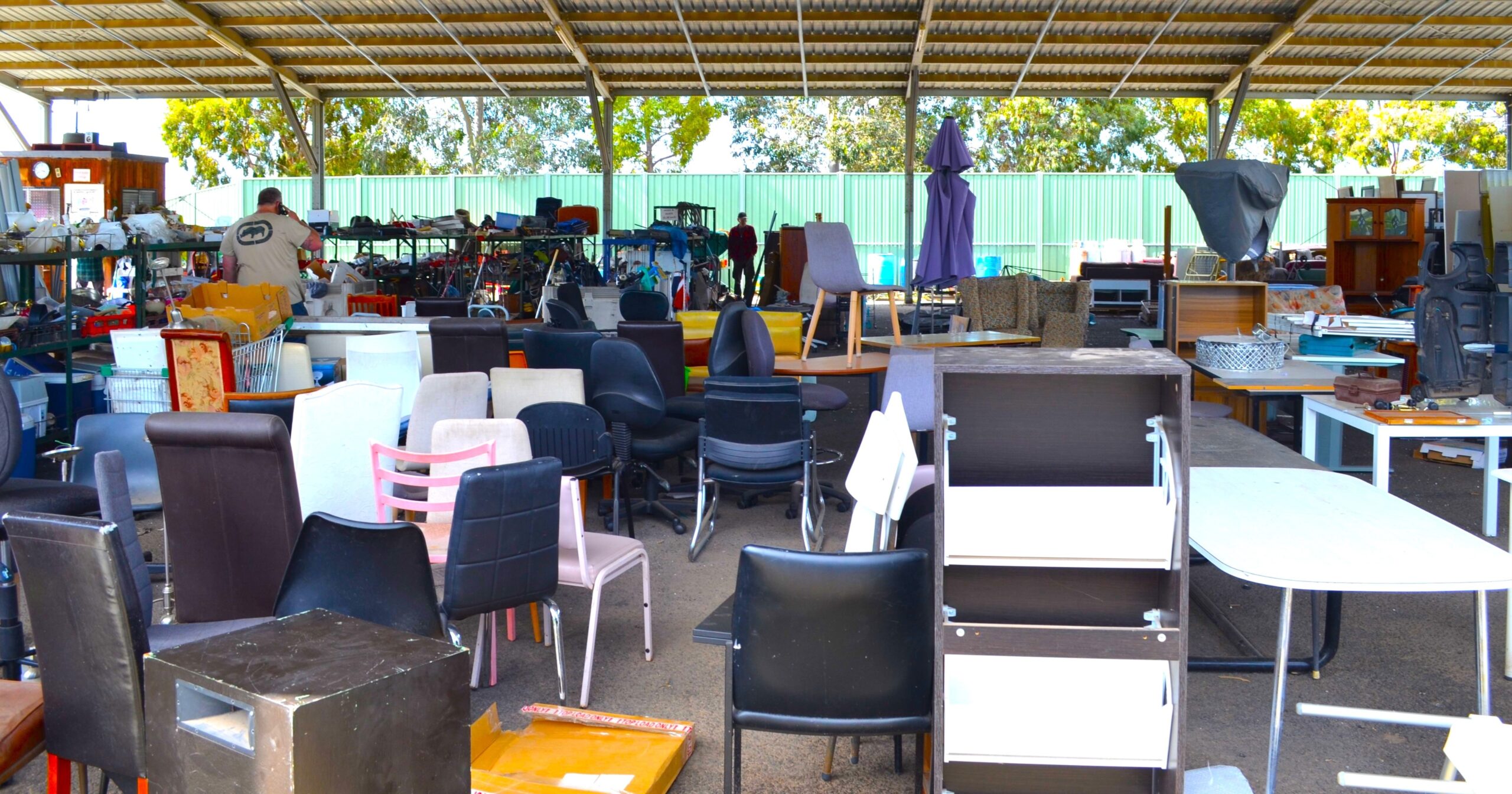Australia’s Highest Growth Sectors: Insights for Tertiary Students
Australia’s industry landscapes are undergoing some rapid evolutionary processes – namely because of our shift into the digital age. New technological innovations and shifting consumer behaviours have led to the emergence of brand new industries entirely, creating new jobs, and of course, unsettling some existing jobs along the way too. Not only does this directly affect future employment estimates for industries like retail, agriculture, manufacturing, and even mining and resource extraction, but it also alters which skillsets are in demand and what constitutes ‘skilled labour’.
For tertiary students, knowing which industries will have more professional opportunities, job stability and competitive salaries for them upon graduating is of the utmost importance. Below, we’ll be outlining some of Australia’s highest growth sectors, as identified by the Jobs and Skills Australia’s overview of the future workforce needs and growing sectors in Australia.
1. Technology & Automation
It goes without saying that AI has been a trending topic worldwide for the past few years now, and as artificial intelligence platforms continue to evolve, there are more and more potential applications of this technology in the business world. Today, Australian businesses of all scopes and sizes are investing in AI tech to help optimise their company operations, implementing AI workflows to automate administrative processes like invoicing, email correspondence, and even managing social media and digital marketing campaigns.
In manufacturing, mining, and other industrial sectors, we’re also seeing AI-enabled IoT devices and centralised management platforms being introduced across facilities and worksites. And as more of these processes integrate digital tech, the higher the demand for on-site ICT support staff and managers.
For professionals with existing ICT qualifications, these roles may already be open to you, but for those looking to embrace technology management as a futureproof career pathway, you’ll find this field to be surprisingly accessible on top of being in-demand! You can even undertake a Master of Information Technology online, making this lucrative upskilling pathway accessible for even current full-time ICT professionals.
2. Data Analytics & Management
We are now living in a technosphere, and businesses are quickly adapting. At the heart of this technological age is data analytics. After all, the advantage of centralised management systems and Industrial IoT (IIoT) devices is all the data they harvest – and virtually all Australian industries can benefit from analysing the data available to them.
Many Aussie industries are recognising this sudden need for data analysts already, which is why more employers and corporations across the manufacturing, mining, and agriculture sectors are already investing in digital training initiatives for upskilling their existing staff.
But for students that are yet to enter the workforce, attaining these data analytics and data management qualifications during your time at uni can help ensure many doors stay open for you across a wide variety of industries. Here, even an undergraduate degree in analytics can help students attain graduate data management positions in a range of sectors, from manufacturing, to financial services, and even consulting.
2. Renewable and Clean Energy Technology
Across Australia, storms and droughts are stronger and more frequent and our weather patterns continue to grow increasingly unpredictable. This is the reality of living in our ongoing climate crisis.
For Australians, climate impacts are actually more potent than just rain in summer or excess pollen in spring. Our great expanse of arid land encroaching on arable farmlands makes climate action an essential investment – not only for Aussie farmers, but also for mining corporations, big businesses, and everyday Australians.
Thankfully, the Albanese Government is already investing heavily into solar integration, rolling out their Cheaper Home Batteries program to provide solar battery rebates for both homeowners and business owners nationwide. The solar rollout project also includes widespread civil developments, including the installation of solar panel systems in public urban spaces, the opening of new solar farms, and the installation of EV (electric vehicle) charging stations all over Australia.
The solar and renewable energy rollout is naturally creating plenty of civil engineering and sustainability management jobs across Australian government departments, and private sector agencies. Alongside, this, new green energy career pathways have also emerged, including but not limited to:
- Solar PV installers and technicians
- Wind turbine mechanics
- Energy analysts and consultants
- Electrical, mechanical and civil technicians (specialising in sustainable development)
- Sustainability consultants
If you have a keen interest in engineering or climate sciences, you’re likely to find a lifelong calling in the renewable and clean energy sector, playing a vital role in making Australia cleaner and greener.
3. Healthcare and Social Assistance
Australia’s ageing population has been another crisis we’ve been contending with over the past few decades. Not only does the ageing population equate to lower birth rates and smaller talent pools for Aussie industries, but it also equates to increasing strain on Australia’s already under-resourced healthcare sector.
With more Australian patients requiring treatment for chronic conditions and other issues relating to geriatric care, there are naturally a growing number of employment opportunities across the healthcare sector. This in a nutshell is why Healthcare and Social Assistance has been recognised by Jobs and Skills Australia as one of the top three service-focused sectors that are projected to account for more than half of the employment growth in Australia over the next decade
The Federal Government is already investing in sector growth initiatives, providing subsidies for nursing courses and other select healthcare degrees and qualifications. Alongside these subsidies, aged care workers and support workers have also been added to the Department of Home Affairs Core Skills Occupation List (CSOL), providing improved access to healthcare professionals based overseas who may be interested in relocating to Australia under a skilled worker visa.
Kickstart your career in any of these top growth sectors
Australia’s job market is quickly evolving. As such, tertiary students need to prepare themselves by being aware of these changes and incorporating them into their own career planning and goal-setting.
Thankfully, the resources provided by Jobs and Skills Australia as well as government subsidies for in-demand qualifications can help point tertiary students towards the right sectors. But from here, students must still decide what roles and disciplines align best with their skill sets and passion points. Using this direction, the students of today can make sure they become our passionate professionals of tomorrow, supporting Australia’s highest growth sectors in meeting our projected population and market demands.



















